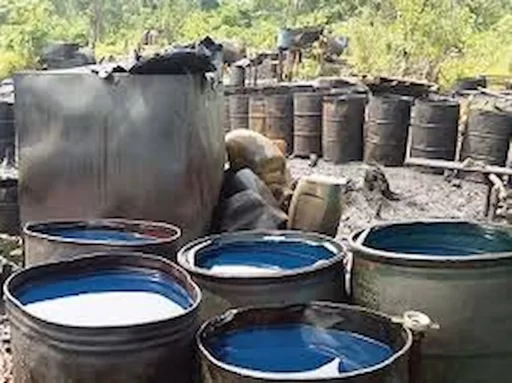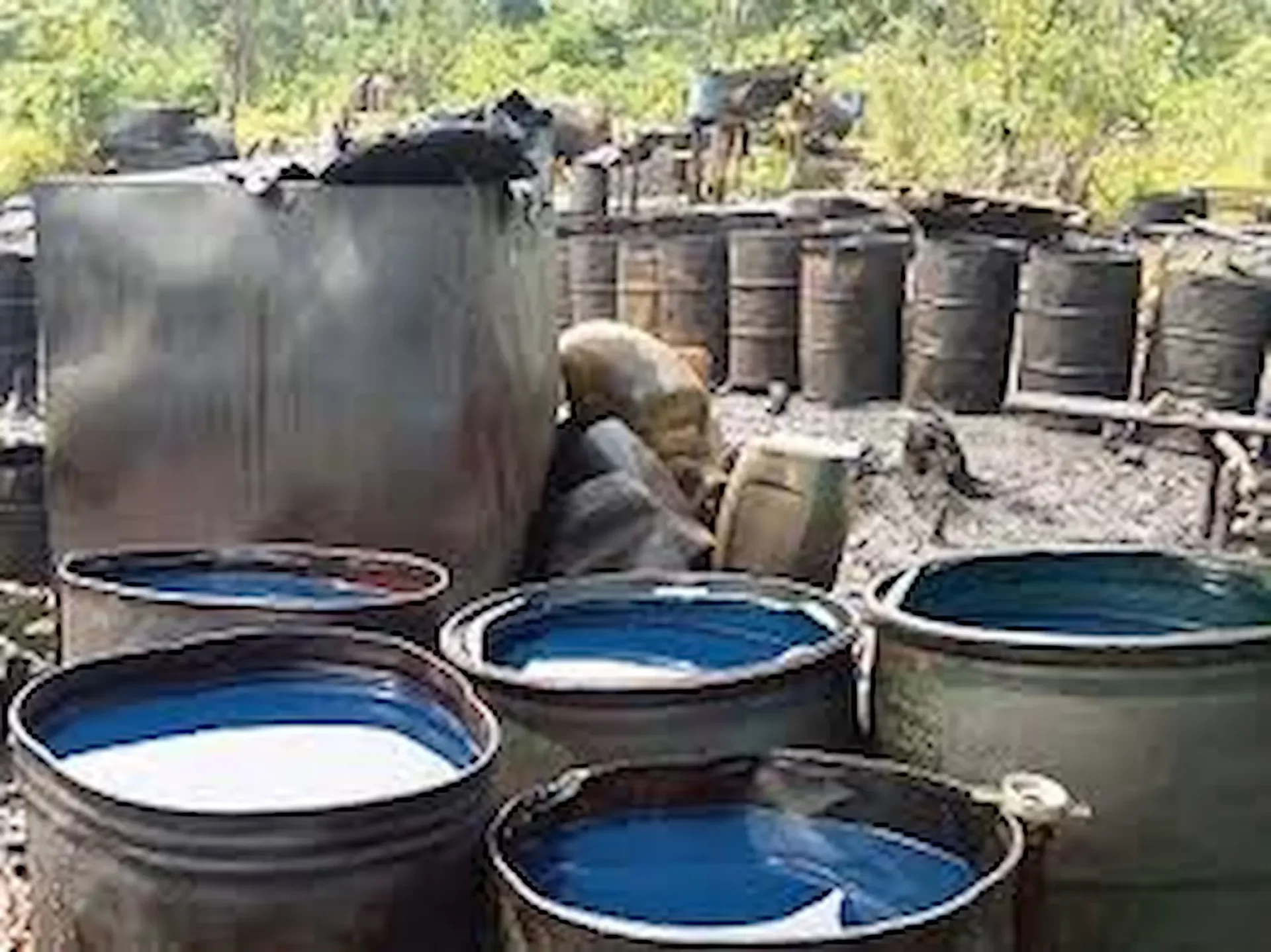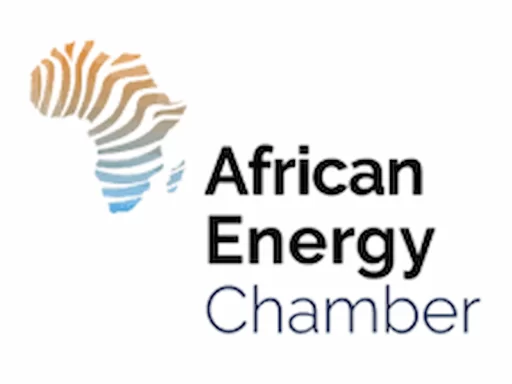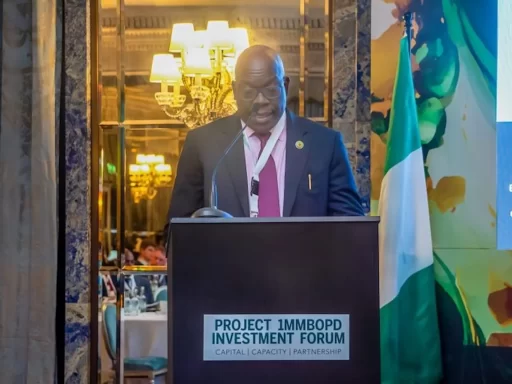HoR Committee Observes Dwindling Oil Bunkering in Nigeria
By Naija Enquirer Staff
The Chairman of the House Committee on Regional Development and Amnesty Programme, Eugene Dibiagwu, has confirmed a drastic reduction in oil bunkering activities across the Niger Delta region.Dibiagwu made the remarks during the News Agency of Nigeria (NAN) Personality Interview Series on Sunday in Abuja. He credited the decrease in illegal crude operations to a collaborative effort between his committee, Tantita Security Services Nigeria Ltd. (TSSNL), and other critical stakeholders.
The TSSNL, an indigenous security outfit, is known for safeguarding Nigeria’s vital oil and gas facilities, particularly within the Niger Delta region.
According to Dibiagwu, who represents the Ohaji-Egbema/Oguta/Oru West Federal Constituency of Imo State, the Presidential Amnesty Programme has also significantly contributed to curbing pipeline vandalism.
“This is a result of the oversight we have been carrying out. Because of the post-amnesty programme, former generals of the amnesty initiative have been properly taken care of by the Presidential Amnesty Committee. That is why you no longer hear of crises in the Niger Delta area. And because of the work Tantita is doing, we have seen an increase in crude oil output,” he stated.
He added that before the interventions, crude oil production had dropped below 500,000 barrels per day (bpd). “Now we are approaching two million bpd. Presently, we are within the neighbourhood of 1.8 million bpd,” he said.
Dibiagwu noted that the committee is also working with the Niger Delta Youths Movement (NDYM) to encourage young people to collaborate with government efforts aimed at stopping vandalism.
“As we speak, oil bunkering has been reduced to the barest minimum in the Niger Delta. It is because of the efforts of Tantita Security Services and the work of the Presidential Amnesty Committee under the Tinubu-led government,” he stressed.
On gas flaring, the lawmaker, who hails from Izombe in Oguta Local Government Area of Imo State, recalled that his community had suffered gas emissions since 1975.
“Oil exploration in my community dates back to 1972. It is important to note that the Izombe Flow Station is the first indigenous NNPC flow station in the country. We have been experiencing gas flaring and that has caused some unfortunate incidents in the area,” he said.
He explained that the Petroleum Industry Act (PIA) has helped in addressing flaring concerns. Under the Act, companies face penalties if they fail to meet flaring targets.
“Oil companies have been given a timeline to stop flaring. If they do not comply, the PIA imposes fines for such offence and I am sure those still flaring are paying such fines to the Federal Government. I am confident that within a short time, flaring in my area will stop,” he stated.
Dibiagwu further expressed optimism that the Anoh Gas Plant in Assa Ohaji/Egbema Local Government Area would help end gas flaring challenges in Imo when fully operational.
On the status of Nigeria’s Regional Development Commissions inaugurated by President Bola Tinubu, he revealed that only the North-East Development Commission (NEDC) has commenced full operations.
“What we are waiting for now is funding. Once they are funded, we will ensure proper oversight so that funds appropriated by the National Assembly are utilised effectively,” he said.
He urged patience, expressing confidence in the president’s discretion, adding, “As a parliamentarian, I believe I have done my part by ensuring that the regional commissions were established. It is left for the president to provide the funding.”







